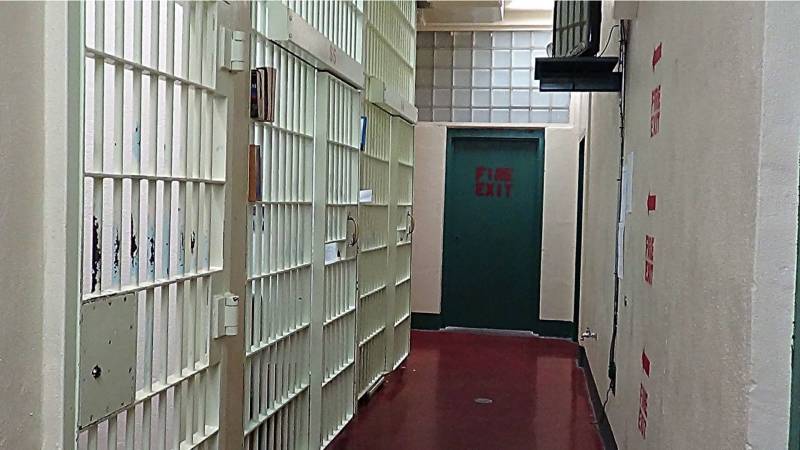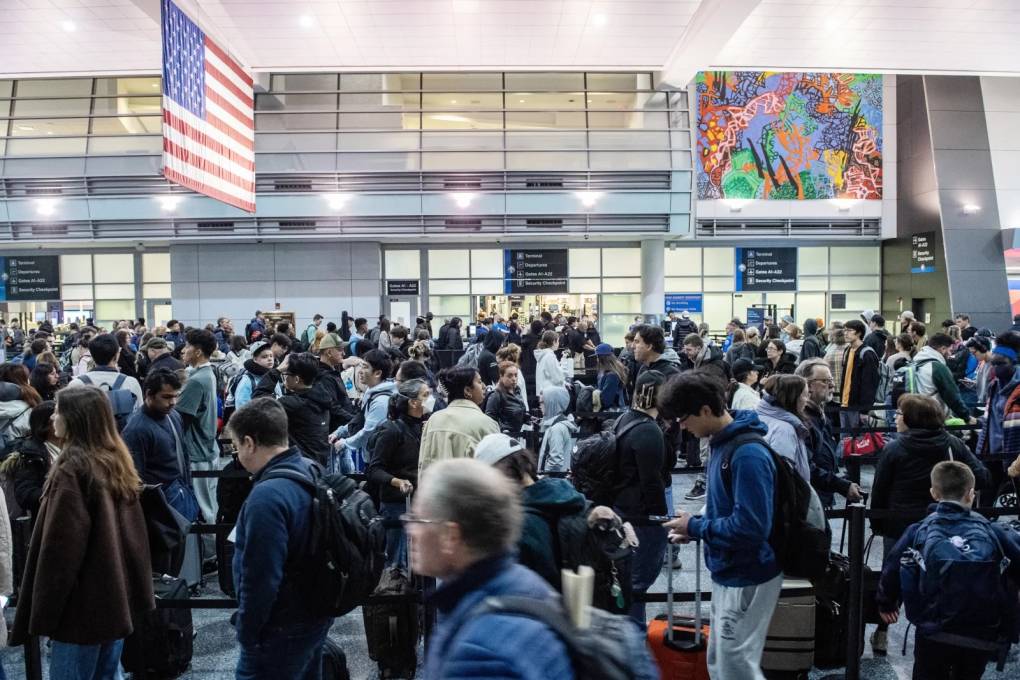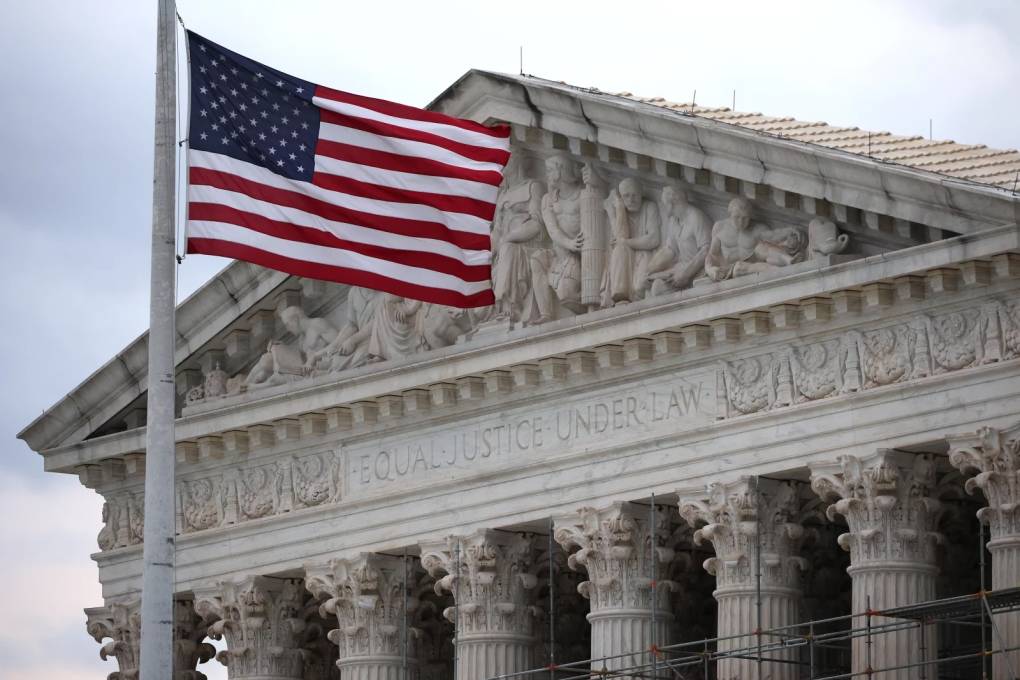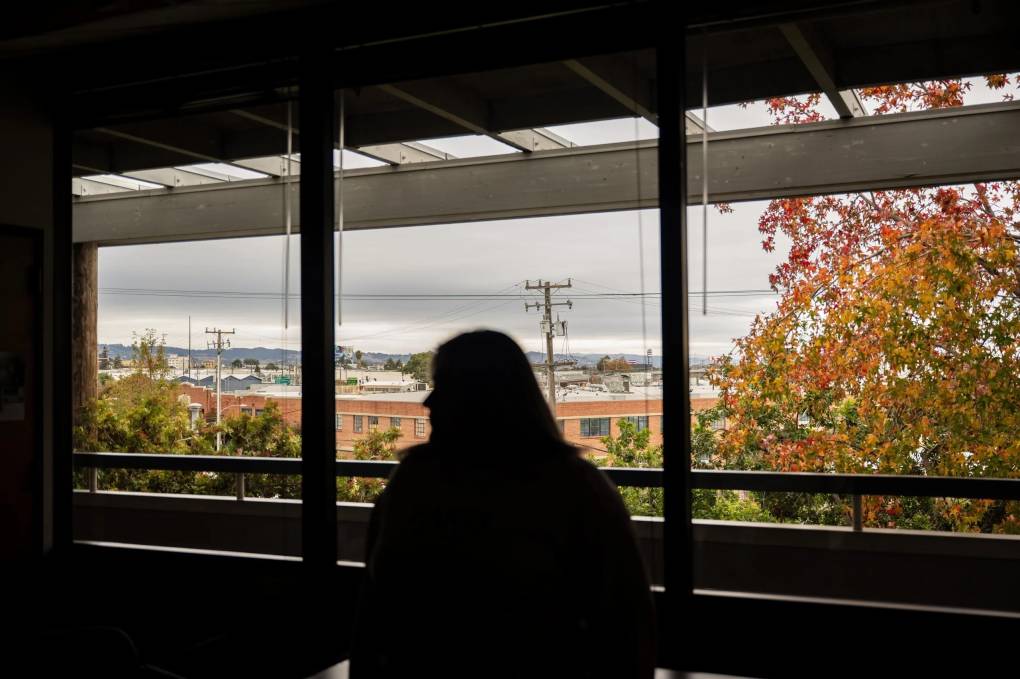Immigrant advocates and San Francisco’s public defender announced a class-action lawsuit against U.S. Immigration and Customs Enforcement Tuesday, calling for a substantial reduction in the population at two immigration detention centers in California, which they say is the only way of protecting detainees from the coronavirus.
The suit, which was filed in federal district court in San Francisco Monday, is the first class action filed on behalf of more than 400 people detained by ICE at the Yuba County Jail and the Mesa Verde ICE Processing Facility, a private prison in Bakersfield, according to the plaintiffs.
None of the detained people in either facility have yet been diagnosed with COVID-19. But unless ICE can reduce the population enough to permit detainees to maintain social distancing of 6 feet or more, it’s just a matter of time advocates say.
“The detainees in these facilities live in crowded, shared spaces,” according to the complaint. “Many sleep and spend most waking hours within arm’s reach of one another in assigned bunk beds in cramped dormitories. They share dining areas, standing inches apart as they wait in line for food and then sitting shoulder to shoulder as they eat on chairs that are bolted to the floor.”
At a news conference Tuesday, Charles Joseph, a Sacramento resident who was released from Mesa Verde on April 13 under a judge’s orders, said he felt ICE treated the health of detainees with disregard.



